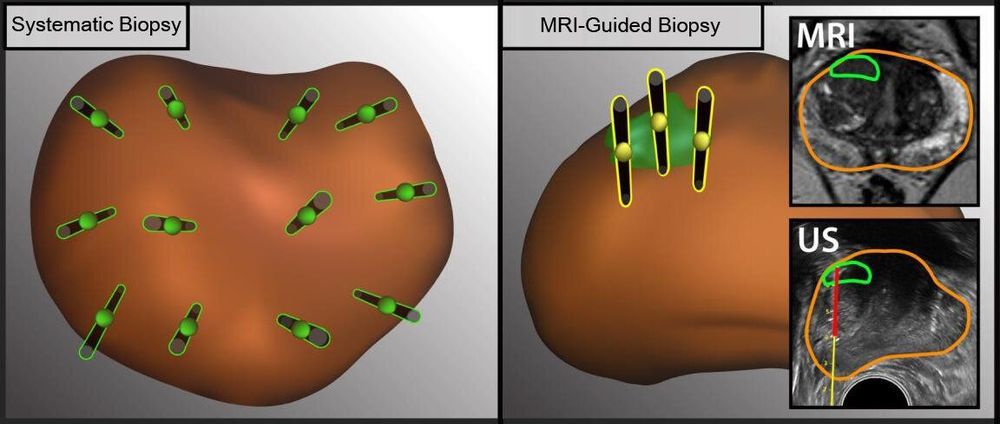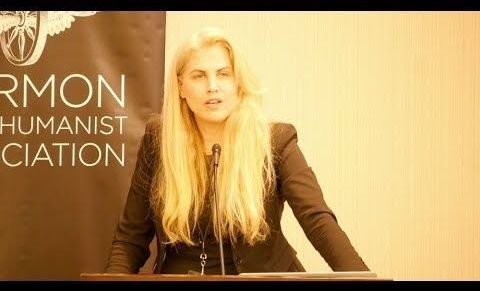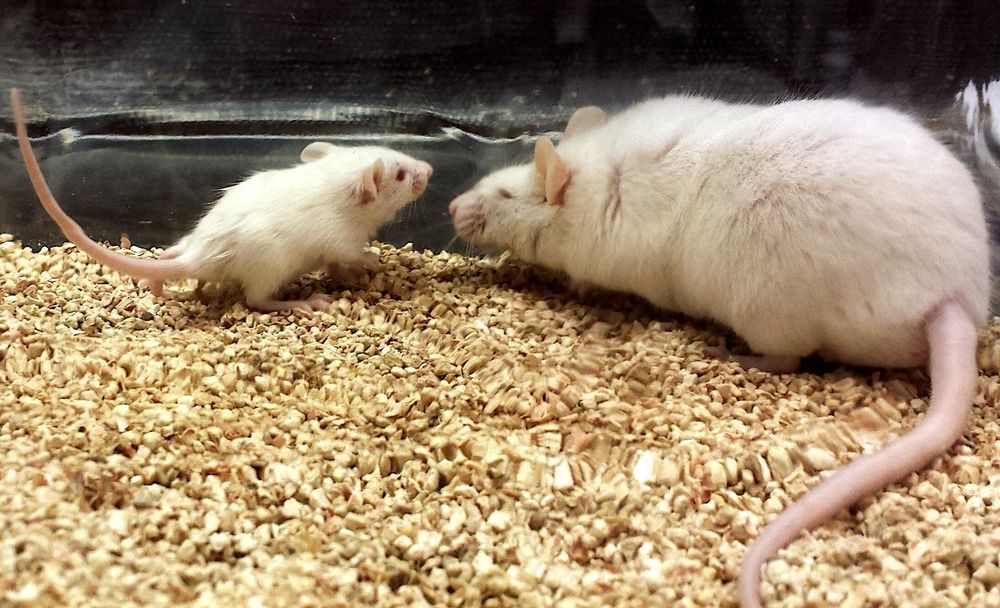Jun 12, 2019
This Harvard Prof Is Listing Genes That Could Make You Superhuman
Posted by Shane Hinshaw in category: genetics
Harvard geneticist George Church, famous for his plan to resurrect the woolly mammoth, has been assembling a list of genetic mutations and alterations that could give people longer lives and superhuman powers.
The spreadsheet, which reads like a mad scientist’s field notes, lists the known pros and cons of each gene. For instance, a specific mutation to the LRP5 gene would give you extra-strong bones — but also make you less buoyant in water. Other edits could give subjects resistance to radiation or incredible skills at holding their breath underwater.
All in all, the spreadsheet serves as a glimpse into the sort of changes we may expect once human gene-hacking becomes safer and more common.
Continue reading “This Harvard Prof Is Listing Genes That Could Make You Superhuman” »


















